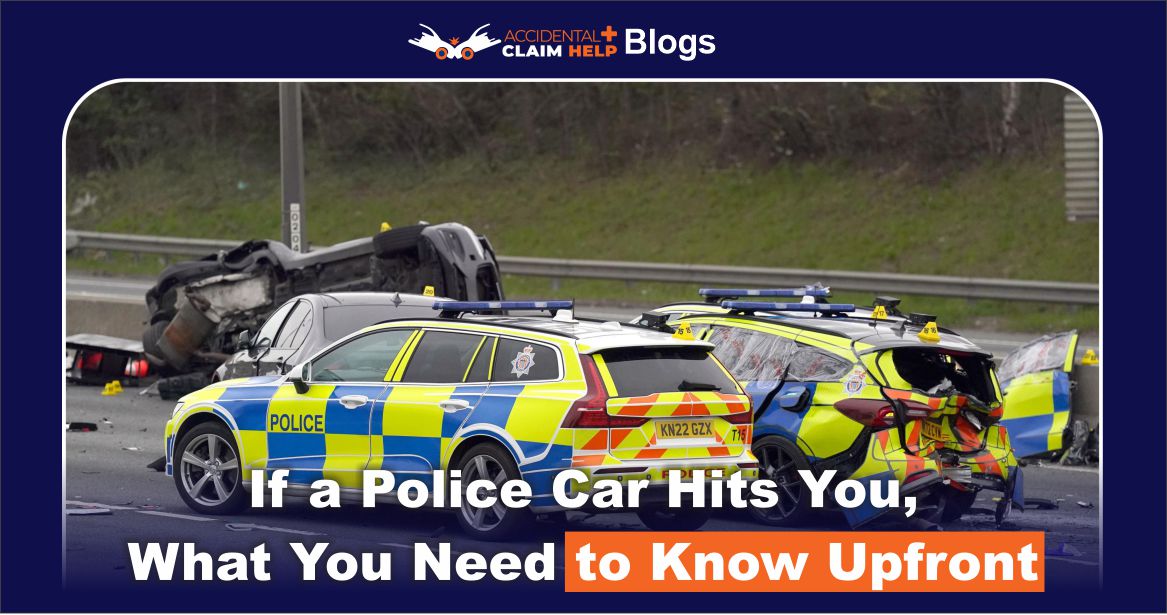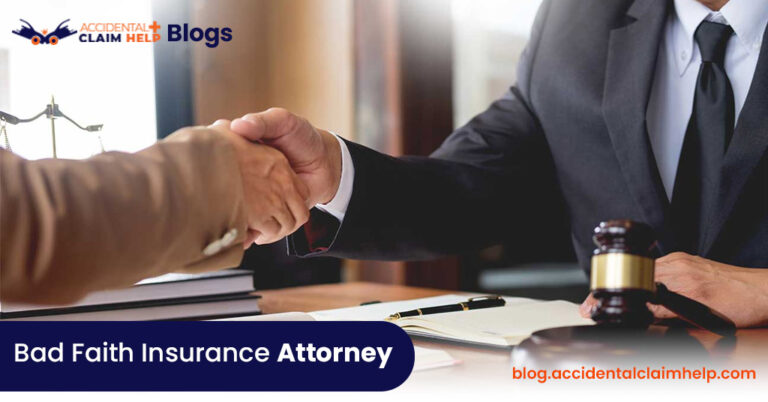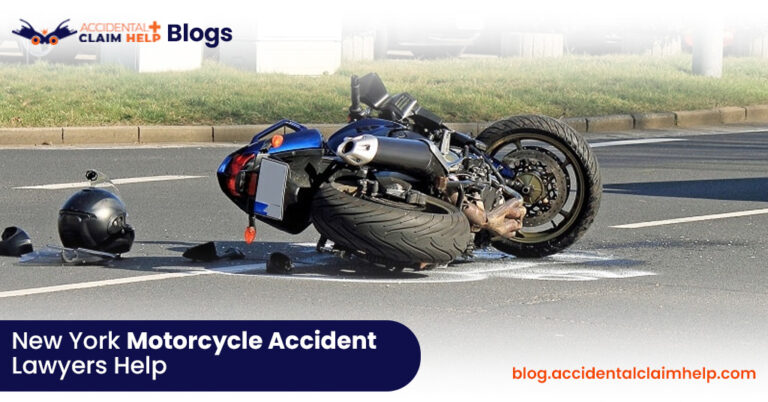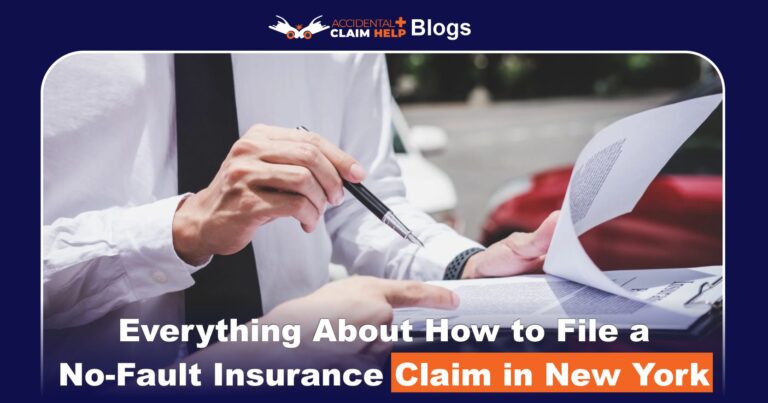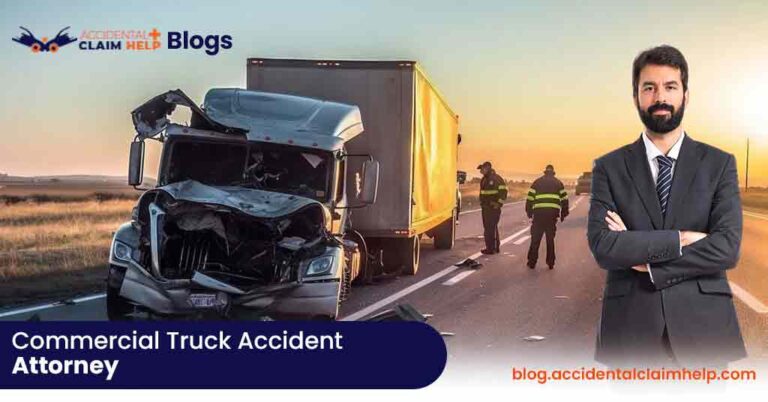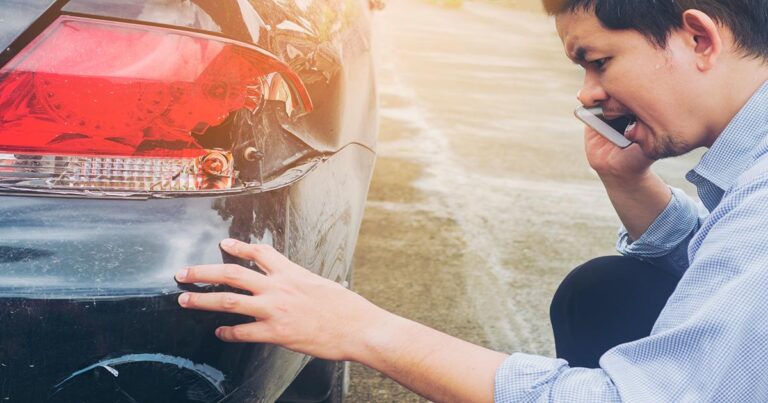If a Police Car Hits You, What You Need to Know Upfront
Yes, you can seek compensation—even if a police car hits you—just like any other accident. But special rules apply, and timing is critical.
1. What Should You Do Immediately After the Crash?
After a police chase or squad car collision, your first steps are the same as with any accident:
- Stay safe — move to a secure spot if possible
- Check everyone for injuries — even minor ones can get worse
- Call 911 — yes, even if one of the vehicles is a police car
- Take photos — capture damage, car positions, skid marks
- Don’t admit fault — it’s normal to feel intimidated, but don’t say “Sorry” or guess who’s at fault
- Collect details — officer’s name, badge number, squad car number, and any witnesses
Related: Can You File an Accident Claim Without a Police Report?
2. How Are Police Cars Treated Differently in Accidents?

Police vehicles can run red lights or exceed speed limits only when on official, urgent duty (with sirens and lights activated). Even then, they must drive carefully
If the officer wasn’t responding to a legitimate emergency or behaved recklessly, they can be held responsible, just like any other driver
3. How to Prove the Police Were at Fault
You’ll need three pieces of evidence:
- Traffic or dash-cam footage—most police vehicles have dash-cams
- Witness statements—record statements with names and contact info
- Comparing actions to exemptions—check if the officer was actually on an emergency call. If not, a ticket photo of a light in your favor can help
4. Who Do You File the Claim Against?
It’s usually the government entity (city, county, or state—whoever employs the officer), not the officer personally
In states like New York or Indiana, you must file a formal notice of claim within a strict deadline (often 90–270 days)
5. What Compensation Can You Receive?
If the department is found negligent, you may recover:
- Medical bills and ongoing treatment costs
- Vehicle repair or replacement costs
- Lost wages and reduced earning capacity
- Emotional distress and pain & suffering
6. What Happens If You Were Partially to Blame?
Even if you made a mistake—like speeding or not signaling—you could still recover damages under comparative negligence laws in most states. Payment is reduced by your share of fault
7. Why Hiring an Attorney Matters
Legally dealing with a government agency is different from filing a standard accident claim. An experienced attorney can:

- Ensure all deadlines (like 90-day notices) are met
- Gather the right evidence (accident reports, dash-cam, medical proof)
- Calculate full damages—not just car damage, but future losses and pain
- Negotiate or take your case to trial if needed
8. How Long Will This Take?
Be prepared for a longer process than a typical accident claim. Government reviews, paperwork and legal negotiations can take several months or over a year
Rushed settlements often leave money on the table—don’t accept a quick lowball.
9. Common Mistakes to Avoid
- Skipping medical visits — injuries like neck or back pain aren’t always immediate
- Admitting fault — even saying “my bad” can hurt your case
- Ignoring the deadline — missing the notice time limit often blocks your claim forever
10. Real Example of a Police Crash Case
One person in New York was hit by a squad car left in gear during a traffic stop. The driver ended up with a broken wrist requiring surgery. Despite initial pushback from the city, with help from an attorney they secured $425,000 without going to trial
Other cases have resulted in $710k or more—courts do hold officers and departments accountable when negligence is proven
Final Takeaway
If a police car hits you, don’t assume the case is dismissed. You have a right to pursue compensation—just be aware that proof, perfect timing, and paperwork are key. With the right evidence and support, you can stand up to even government agencies and get the justice you deserve.

